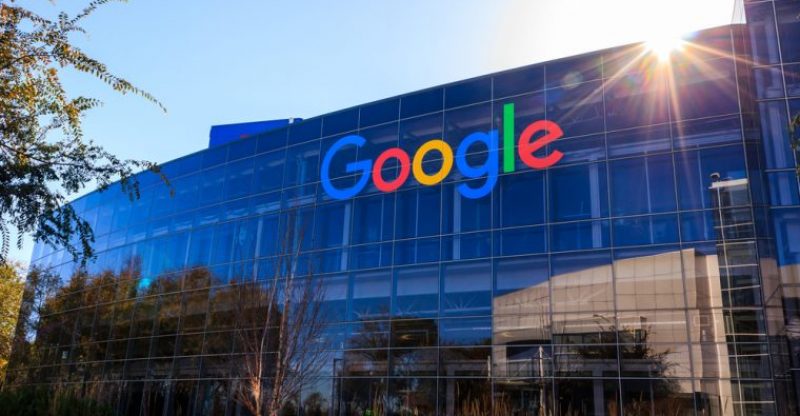Ads On Cryptocurrency, ICOs, Exchanges, Wallets Banned By Google
Google, the largest search engine on the planet has formally announced that it will restrict advertisement of “Cryptocurrencies and related content (including but not limited to initial coin offerings, cryptocurrency exchanges, cryptocurrency wallets and cryptocurrency trading advice),” as well as aggregators and affiliates concerning “cryptocurrencies and related content.”
These pages published a few days ago, “anecdotal reports of several companies operating in the initial coin offering (ICO) industry, Google is taking steps to restrict the visibility of ICO advertising on its platforms.”
As of March 13th, however, Google published “Financial Services: New restricted financial products policy (June 2018), announcing it “will update the Financial service’s policy to restrict the advertisement of” cryptocurrencies and related content. The policy will be implemented by June this year. Nevertheless, some of those banned ads might be able to advertise with Google only after they have been certified.
Advertisers who want to advertise through Adwords will need to: “Be licensed by the relevant financial services authority in the country or countries they are targeting; Ensure their ads and landing pages comply with all Adwords policies; Comply with relevant legal requirements, including those related to complex speculative financial products; Advertisers can request certification with Google starting March 2018 when the application form is published. This policy will apply globally to all accounts that advertise these financial products.”
This policy comes some weeks after Facebook announced, as documented by News.Bitcoin.com, “As of a new ruling issued on January 30, ‘ads must not promote financial products and services that are frequently associated with misleading or deceptive promotional practices, such as binary options, initial coin offerings, or cryptocurrency.”
Facebook and Google carve up the lion’s share of the economy for online advertisers as the market is a competitive one. The market is also full of shady ads, malware-driven links…that are like pins on advertisers feet as they keep having such negative experiences which they have no other choice than to understand and deal with it.
Google zapped last year more than three billion ads, almost twice that of 2016. “We blocked 79 million ads in our network for attempting to send people to malware-laden sites and removed 400,000 of these unsafe sites last year. And, we removed 66 million ‘trick-to-click’ ads as well as 48 million ads that were attempting to get users to install unwanted software,” the company stressed.
“We’re constantly updating our policies,” the post explained, “as we see new threats emerge. Last year, we added 28 new advertiser policies and 20 new publisher policies to combat new threats and improve the ads experience online. This year, we updated several policies to address ads in unregulated or speculative financial products like binary options, cryptocurrency, foreign exchange markets and contracts for difference (or CFDs).”





